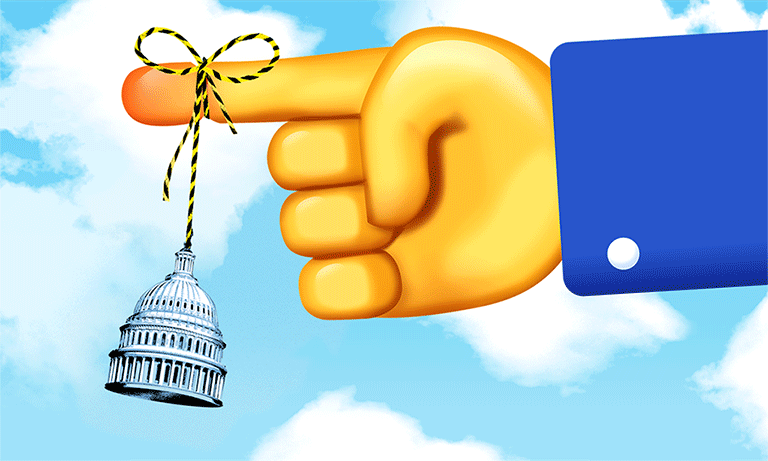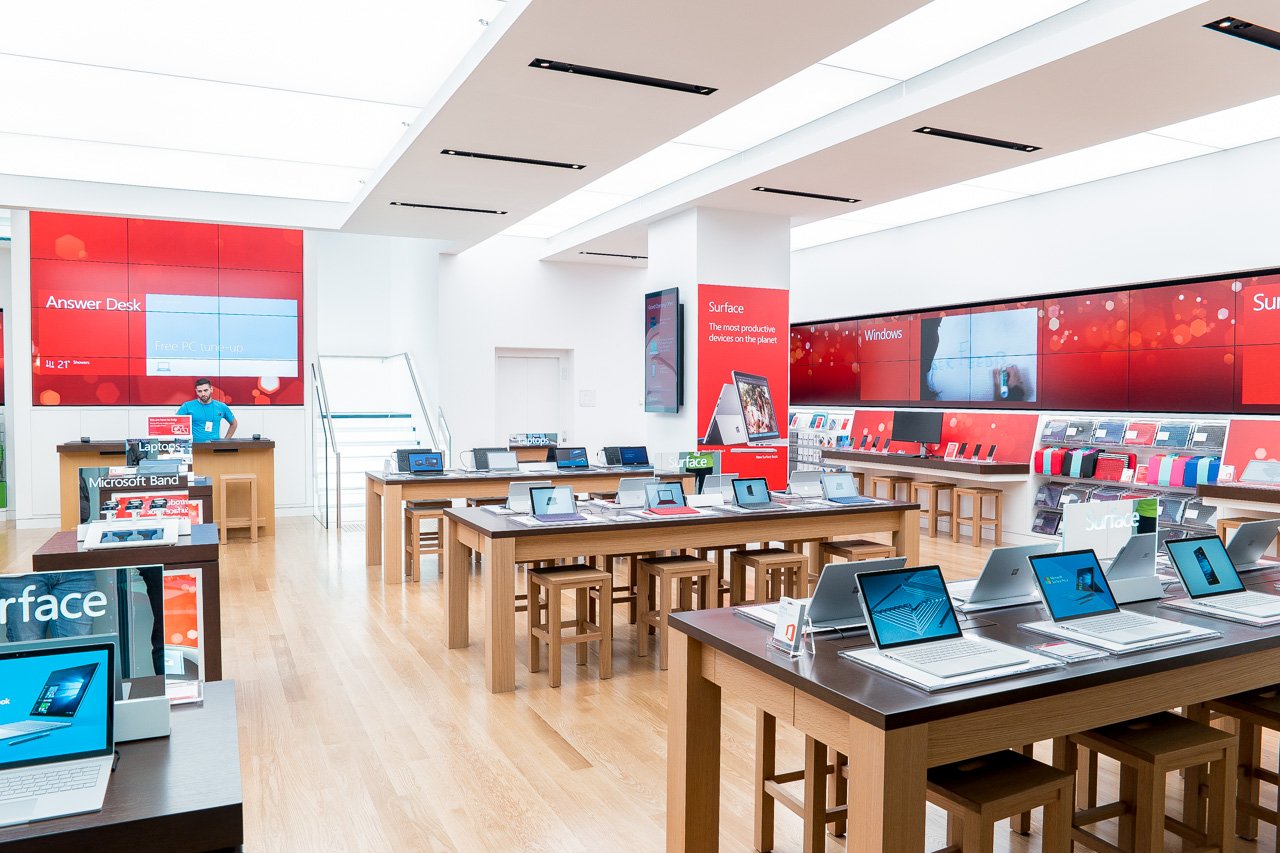

The history of American business is one of recurring eras of unregulated, economic expansion followed by periods of reform and increased government supervision. An example is when capitalists gained an economic stranglehold through railroads, and Americans turned to Washington to fix the problem with regulations.
In the last fifty years, lawmakers have broken up the telephone monopoly, set up regulations to improve the safety of cars and other products, and weakened the strength of Big Tobacco. But there is one industry that regulators have failed to rein in.
Big Tech. To be specific Apple, Google, Microsoft, Facebook and Amazon – or as New York Times writer Farhad Manjoo calls them the Frightful Five. These companies are the biggest companies in the US (by stock-market value) and they manage the technological platforms that dominate the lives of most Americans.
Some cynics might describe the reach of the Frightful Five as somewhat insidious. Over the years their grasp has grown and grown, and has steadily encroached on our daily lives. But despite their stealthy expansion and considerable impact on American life, they’ve been handled with kid gloves by federal lawmakers. For almost 20 years these tech giants have been virtually untouched by regulation, legislation, and government scrutiny.
Government action against the Five is hindered by the fact that their influence is unprecedented. The power of Apple, Google, Microsoft, Facebook and Amazon surpasses anything that's ever been seen in business. In different ways, they all gather, process and distribute our most important public and personal information. They regulate free speech, news, and other things on their platforms. Plus they fend off outside digital attacks on nations and individuals.

The Five generally don’t match the notions people have of dangerous corporate powers. While their impact is undeniable, they currently don’t have the market supremacy of past monopolies like Standard Oil and De Beers.
For example, Apple’s iPhone is the most profitable device on the planet. However, 2 out of 3 smartphones sold in the US are NOT iPhones. Most people think Amazon is central to the transformation of American retail. But it doesn’t even enjoy a majority share of online commerce in America yet. It still lags behind US retail juggernauts like Walmart, as well.
The tech giants have a complex connection with the public. The Five aren’t the faceless mega-corps of the past. Their effect is masked by convenience, fun, and affordability. People have integrated them deeply into their lives, and over time we’ve become addicted to them. For many folks life without them might feel almost unbearable.
Just because our relationship with Big Tech is complicated doesn’t mean that their impact doesn’t need to be checked. In fact, there’s a growing movement to limit their prevalence.
There are mounting efforts to do something about the Frightful Five in Washington. The growing urgency for reform is partially spurred by the fact that platforms like Google, Facebook, and YouTube played an unexpectedly prominent role in the 2016 presidential election.
For instance, many lawmakers are rethinking antitrust policy to address the most economically influential of the Five — Google Amazon, and Facebook.
Legal scholars are debating the issue. A fellow at Open Markets named Lina M. Khan recently published an article in The Yale Law Journal, arguing that old antitrust laws should be reconceptualized for modern times. Her central premise is that federal regulations need to be reframed to deal with the rise of Amazon.

Khan believes that because customers enjoy Amazon’s low prices, antitrust regulators have ignored other problems Amazon’s growth has caused. She concludes that the public should be weary of Amazon’s network of shipping and cloud storage because it allows them to dig their hooks too deep into the US economy.
Although the opposition to the Frightful Five is increasing, there is little to suggest that we’ll see any drastic action anytime soon, however. Unfortunately, the majority of policy experts seem to be comfortable with the tech giants’ strength. Moreover, there’s no consensus on how to regulate the Frightful Five. For that reason political action remains elusive.
This is combined with the fact that these tech companies remain extremely popular with the general public. When you sit back and analyze the situation you get a story of compromise and indecision in the face of immense corporate power.
